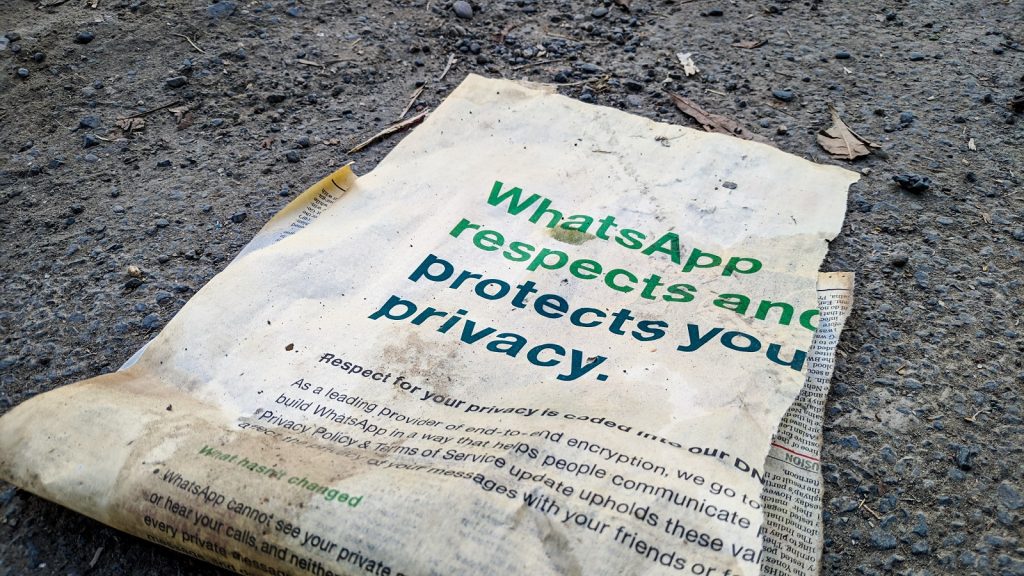Germany’s data protection regulator has issued an emergency ban against Facebook collecting WhatsApp user data under the messaging app’s new terms of service.
The Hamburg Commissioner for Data Protection and Freedom of Information issued the order on 11 May. The ban is valid for three months.
No ad to show here.
The commission found that Facebook had no legal basis to process the data regardless of whether users accepted WhatsApp’s new terms.
The ban comes just as WhatsApp loosened its 15 May deadline, slowing the timeline that users would lose access to features in the app if they did not accept the new terms.
WhatsApp terms receive worldwide backlash
WhatsApp originally announced the new terms in January 2021 with users having to accept them by 8 February. Users needed to accept the update if they wanted to keep using the app.
The update involved WhatsApp sharing users’ data with its parent company, Facebook. The terms would allow Facebook to access payment and transaction data for advertising purposes.
However, Facebook delayed the deadline by a few months after major backlash from both users and government entities. The backlash was so severe it resulted in a surge of downloads of competing apps Telegram and Signal.
Users who don’t accept the new terms by 15 May will receive increasingly frequent prompts to do so. If they continue to not accept the terms, they will eventually lose access to the app’s messaging features.
In a statement, German Commissioner Johannes Caspar said incidents such as the Cambridge Analytica scandal had shown the perils of massive data profiling.
Going forward, the commission will request the European Data Protection Committee to implement the order on a continental level.
In response to the ban, a WhatsApp spokesperson told Reuters the commission’s order was based on a fundamental misunderstanding of the purpose of the new terms.
“As the Hamburg DPA’s claims are wrong, the order will not impact the continued roll-out of the update,” they said.
“We remain fully committed to delivering secure and private communications for everyone.”
Feature image: Unsplash/Tushar Mahajan
Read more: Facebook testing prompt asking you to read before re-sharing
